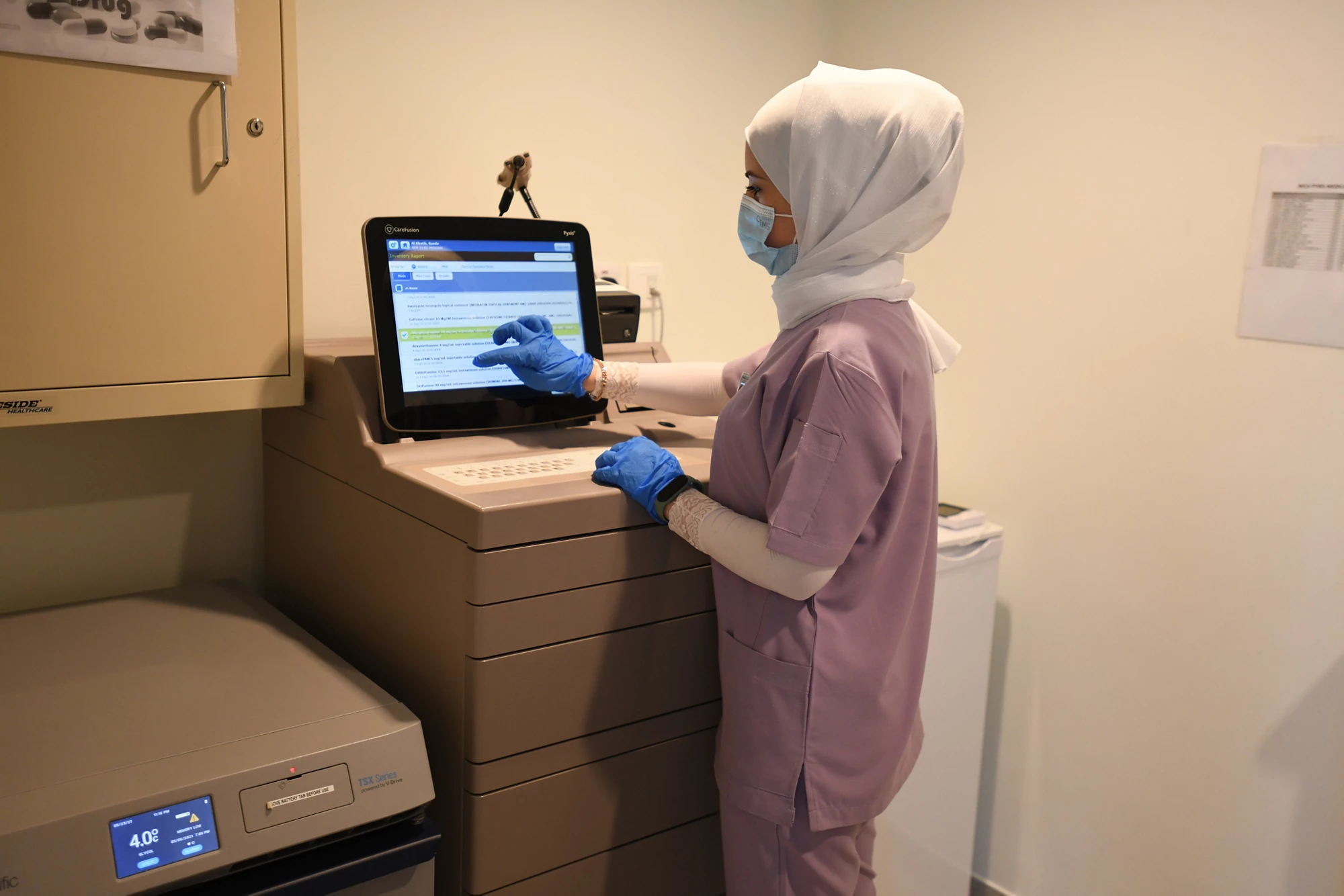Select a Region Sub navigation page selecting option, jump to that section
IFC is uniquely positioned to advise governments on designing and implementing PPPs. Our Transaction Advisory services include project selection and preparation, financial analysis, transaction structuring and risk-sharing, designing competitive bidding processes, drafting agreements, and supporting clients with investor outreach, selection, and negotiation. We also work with clients to develop programmatic engagements to support scalable infrastructure projects and crowd in domestic and international sources of financing.
The Impact of IFC Clients in PPPs:
-
$76 BIn private investment facilitated since 2004
-
174 MPeople benefited through better access to infrastructure & services since 2004
-
$4.7 BIn private financing mobilized in FY24
-
1.6 MPeople benefited through better access to infrastructure in FY24





